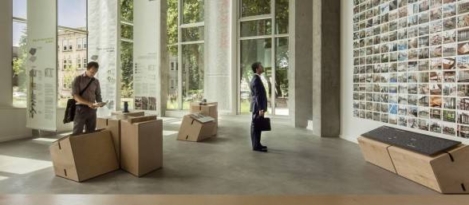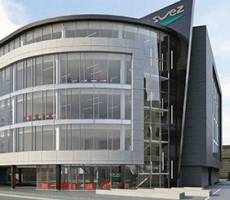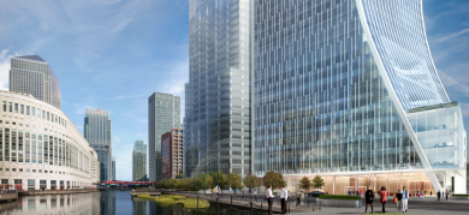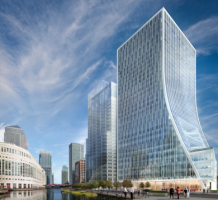April 24, 2015
New long term standing desks study announced at Virgin Media 0
 A new 12 month study into the application and effects of working with standing desks has been announced by the University of Chester in conjunction with Virgin Media. However it’s a pretty small scale model – at just one site and presumably with a limited cross section of the general population. It will involve the participation of two groups of 12 agents at Virgin Media’s contact centre in Sheffield. The research will be led by John Buckley, Professor of Applied Exercise Science at the University of Chester, with the aim ‘to uncover the impact of a less sedentary working environment on health, wellbeing and productivity.’ The two groups of agents involved will take it in turns to spend six months each using adjustable sit-stand desks and staying on their feet for a minimum of two hours daily.
A new 12 month study into the application and effects of working with standing desks has been announced by the University of Chester in conjunction with Virgin Media. However it’s a pretty small scale model – at just one site and presumably with a limited cross section of the general population. It will involve the participation of two groups of 12 agents at Virgin Media’s contact centre in Sheffield. The research will be led by John Buckley, Professor of Applied Exercise Science at the University of Chester, with the aim ‘to uncover the impact of a less sedentary working environment on health, wellbeing and productivity.’ The two groups of agents involved will take it in turns to spend six months each using adjustable sit-stand desks and staying on their feet for a minimum of two hours daily.
































April 23, 2015
Is it now time to take a stand on sitting in the workplace? 0
by Steve Taylor • Comment, Furniture, Wellbeing, Workplace design
(more…)